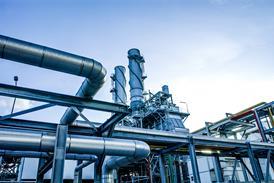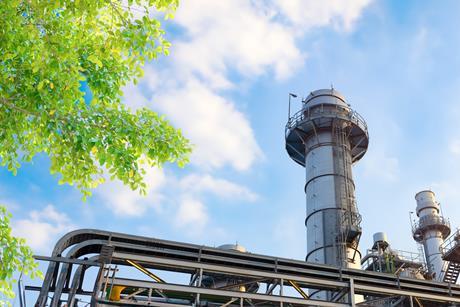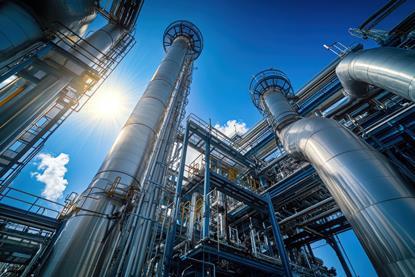- Home
- About
Economic Reports
The CIA gathers industry insights through a quarterly business survey to advocate for our members’ interests with policy makers, regulators and other stakeholders.
Read more
- Our focus
Sustainable Health Metrics 2024
The CIA is proud to announce the launch of the new Sustainable Health Metrics Tool.
Read more
- The Chemical Industry
The Chemical Industry
The chemical and pharmaceutical industry is fundamental to modern society. With an immense variety of products, from vital medicines and foods, the construction of buildings, to transport and leisure, the industry truly does have an impact on virtually every aspect of our daily lives.
Read more
- Events
- News
- Become a member
Energy and Climate Change
The UK was the first major economy to set a target to end its contribution to global warming, before 2050. This target and subsequent interim targets – a 68% reduction by 2030 and 78% reduction by 2035 – have supercharged climate policy development in the UK.
The UK chemical industry faces challenges due to high and rising energy costs, impacting its international competitiveness. Despite success in deploying renewable electricity, the industry now faces higher prices compared to global competitors due to pass-through costs including carbon pricing, renewable power subsidies, and network capacity increases. The sector relies on lower gas prices for competitiveness, but fears rising costs if asked to pay for decarbonising the heat supply like the electricity grid.
The CIA collaborates with members, government, and regulators to insulate the industry from energy transition costs while transitioning to a net-zero energy system. To mitigate emissions, the industry plans fuel-switching to hydrogen or electricity and retrofitting carbon capture equipment. CIA works to ensure supportive policies for these investments and to prevent net-zero transition costs from harming manufacturers.
Position Statements
Eligibility for the new British Industrial Competitiveness Scheme
As a foundation industry, the chemicals sector is cited throughout the Strategy and its accompanying Sector Plans as a critical contributor to advanced manufacturing, clean energy industries and life sciences supply chains. The Government recognises that chemical products sit at the core of all domestic manufacturing and that a competitive chemical sector is a pre-requisite for a competitive manufacturing sector.
- Position Statement
Changing the Climate Change Agreement scheme to drive decarbonisation
The UK’s Climate Change Agreements (CCA) scheme is designed to support energy-intensive industries by providing tax relief in exchange for meeting energy efficiency targets. However, the design of the scheme, as well as how it interacts with other industrial decarbonisation policy, means that it can act as an effective blocker to efforts to decarbonise, for three key reasons. Find out more.
- Position Statement
The impact of the UK Emissions Trading Scheme on electricity prices
The UK should follow the EU’s lead in urgently reviewing the scope of sectors covered by its indirect carbon cost compensation scheme, to afford our manufacturers the same chances that our European competitors will be given. Swift action in this area would support the aims of our Industrial Strategy which seeks to reduce electricity cost to promote industrial decarbonisation, and such a move makes economic sense in the context of any linking agreement that might be pursued between the UK ETS and EU ETS.
- Position Statement
Dynamic allocation in the UK Emissions Trading Scheme
Between April and June of this year, the UK Emissions Trading Scheme (ETS) Authority carried out a baseline data collection exercise to gather historic activity level data from UK ETS participant sites, for the period 2019-2023. The average activity level during this baseline period will be used to set the rate of free allocation a site will receive in the second free allocation period (2027-2030).
Be part of it
Members are invited to get involved with our various energy and climate change strategy groups, networks and issue teams, which include: Energy and Climate Change Policy Network, Industrial Emissions Policy Issue Team, Sustainability Strategy Group , Environment Network.
For further information, or to express an interest in joining, please contact our team Nishma Patel at PatelN@cia.org.uk or Rich Woolley at WoolleyR@cia.org.uk.















